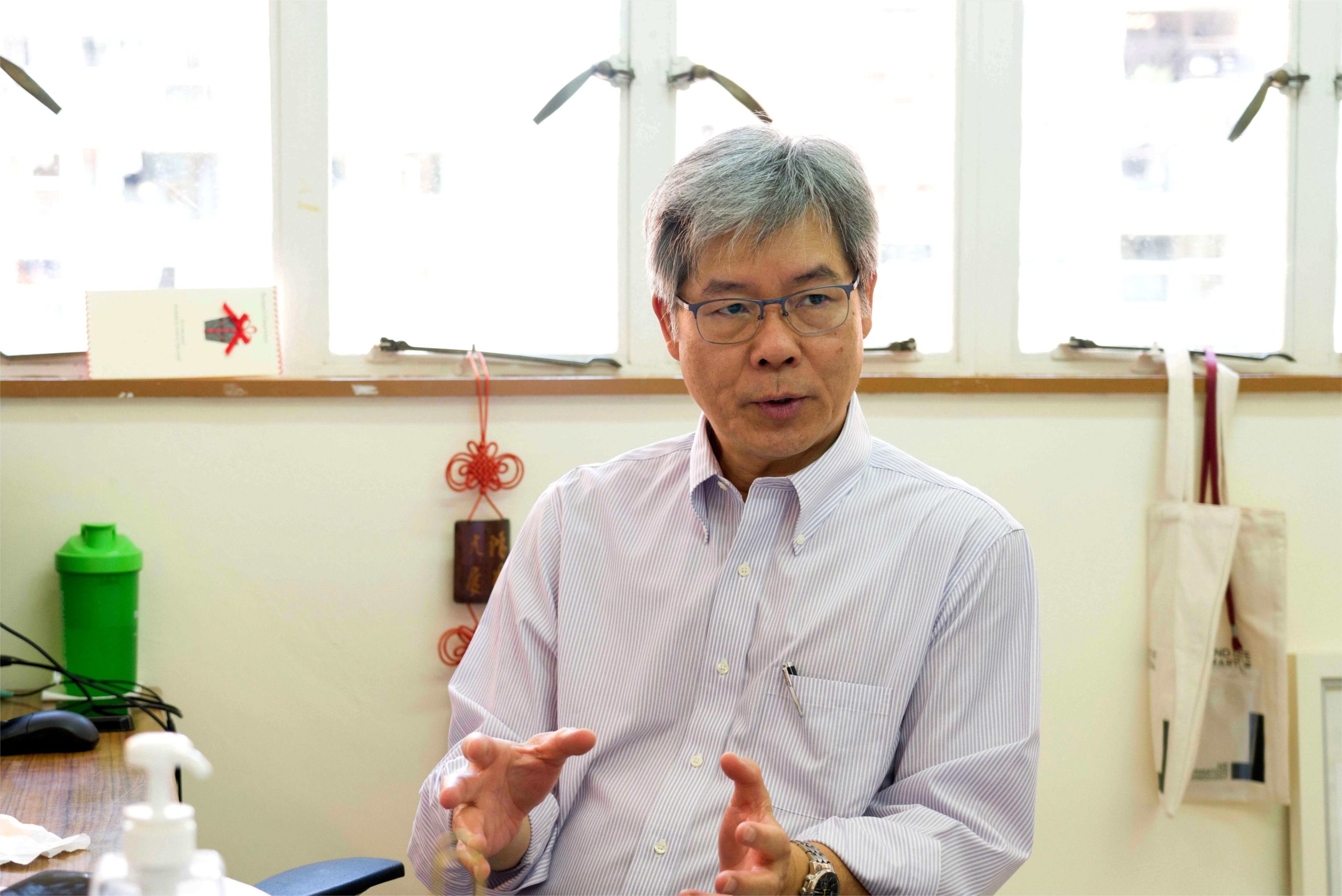Project: Stress-Buffering Effects of Coping Strategies and Social Supports on Psychological Distress: A Longitudinal Panel Study of the Antecedents of Problematic Social Media Use
Funding scheme: Faculty Development Scheme, Competitive Research Funding Schemes for the Local Self-financing Degree Sector (2020/2021), Research Grants Council
Funding awarded: HK$876,003
Principal Investigator: Professor LEUNG Wing-chi, Louis (Head, Department of Applied Data Science)
Funding period: 24 months
Although there are high levels of public, scholarly, and clinical interest in the relationship between mental health and the use of digital media, there are three major shortcomings in the existing research on problematic social media use: (1) the amount of time spent on social media as an indicator of the problematic use of social media; (2) the focus on individual attributes as antecedents, whereas external factors are overlooked; and (3) few causal mechanisms in examining how the use of social media might affect psychological distress. Hence, the variables of usage and frequency may have failed to capture the nuances of specific social media engagements. In addition, there is little knowledge about which specific social media engagements are associated with psychological distress, emotional problems, and a range of other non-specific declines in mental health.
Professor LEUNG Wing-chi’s research project is aimed to bridge these gaps in the literature by further explicating problematic social media use in the context of its addictive symptoms and examining the roles of both external (i.e., life stress and technostress) and individual antecedents (i.e., deficient self-regulation and fear of missing out [FoMO]) to provide a holistic overview of why and how problematic social media use occurs and influences mental health.
Professor LEUNG said among a variety of risk factors, stressful life events are viewed as the leading cause of psychological distress. Another risk factor, technostress, is the phenomenon in which end users experience stress due to information and communication overloads. However, the effects of stressful life events and technostress vary depending on the individual’s coping strategies in using social media to solve problems.
“In times of stress, individuals who seek social support through social media (e.g., using Instagram or WhatsApp for a brief chat) often experience decreased distress. Thus, this study tests the stress-buffering effects of coping strategies and social support received both online and offline on psychological distress and psychological well-being.” Professor LEUNG said.
According to Professor LEUNG, a longitudinal panel study approach is used to determine whether and how external and individual antecedents have causal effects on problematic social media use and consequently on psychological distress. The data are collected in two waves one year apart. A questionnaire survey will be administered to a random panel sample of 1,000 participants in Wave 1. Although experimental research is unparalleled in establishing causal relationships in the short term, a longitudinal design is useful in identifying the causal paths that will help illuminate the roles of individual and external antecedents in problematic social media use and its influence on mental health.
Professor LEUNG said this project has the following four objectives:
(1) To identify the symptoms (i.e., early warning signs, including withdrawal, loss of control, salience, life dysfunction, conflict, compulsion/persistence, etc.) of problematic social media use so that heavy users can take precautionary measures to prevent the onset of psychological distress.
(2) To identify social media users who are the most vulnerable to becoming addicted based on the factors in the research model, especially the identified symptoms.
(3) To explain the causal mechanisms of the effects of deficient self-regulation, fear of missing out, life stress, social media engagement, technostress, and the symptoms of problematic social media use on mental health.
(4) To determine the relationships between the moderating roles of coping strategies and social support between technostress and psychological distress as well as between problematic social media use and psychological distress.
Source: May 2021 Issue
